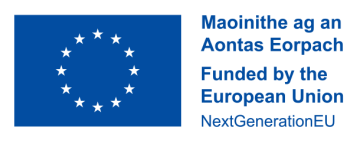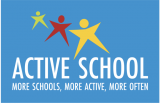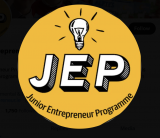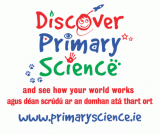Welcome
Welcome to Robertstown National School. We are a co-educational Catholic school located in the Parish of Allen. We hope our website gives you a brief look at all the activities that take place in our school.
We are a welcoming, inclusive and progressive school that works closely with parents and the local community to ensure our children achieve the best outcomes possible. We believe in creating an atmosphere that allows children to grow and develop their own strengths and abilities. Our school is truly at the very heart of the community and a place where everyone is welcomed and known by name.
We currently have seven mainstream class teachers, four special education teachers, one autism class teacher and six Special Needs Assistants. We offer many activities to our pupils, both curricular and extra curricular.
Latest News
Next Generation EU Funded Project

Our school received a grant in 2021 to implement initiatives aimed at addressing the digital divide and support our learners at risk of educational disadvantage as a consequence, as part of the Irish National Recovery and Resilience Plan (NRRP), a project under the Recovery and Resilience Facility funded by the European Union through NextGenerationEU. This funding was used to purchase chromebooks, online assessments and interactive whiteboards.










